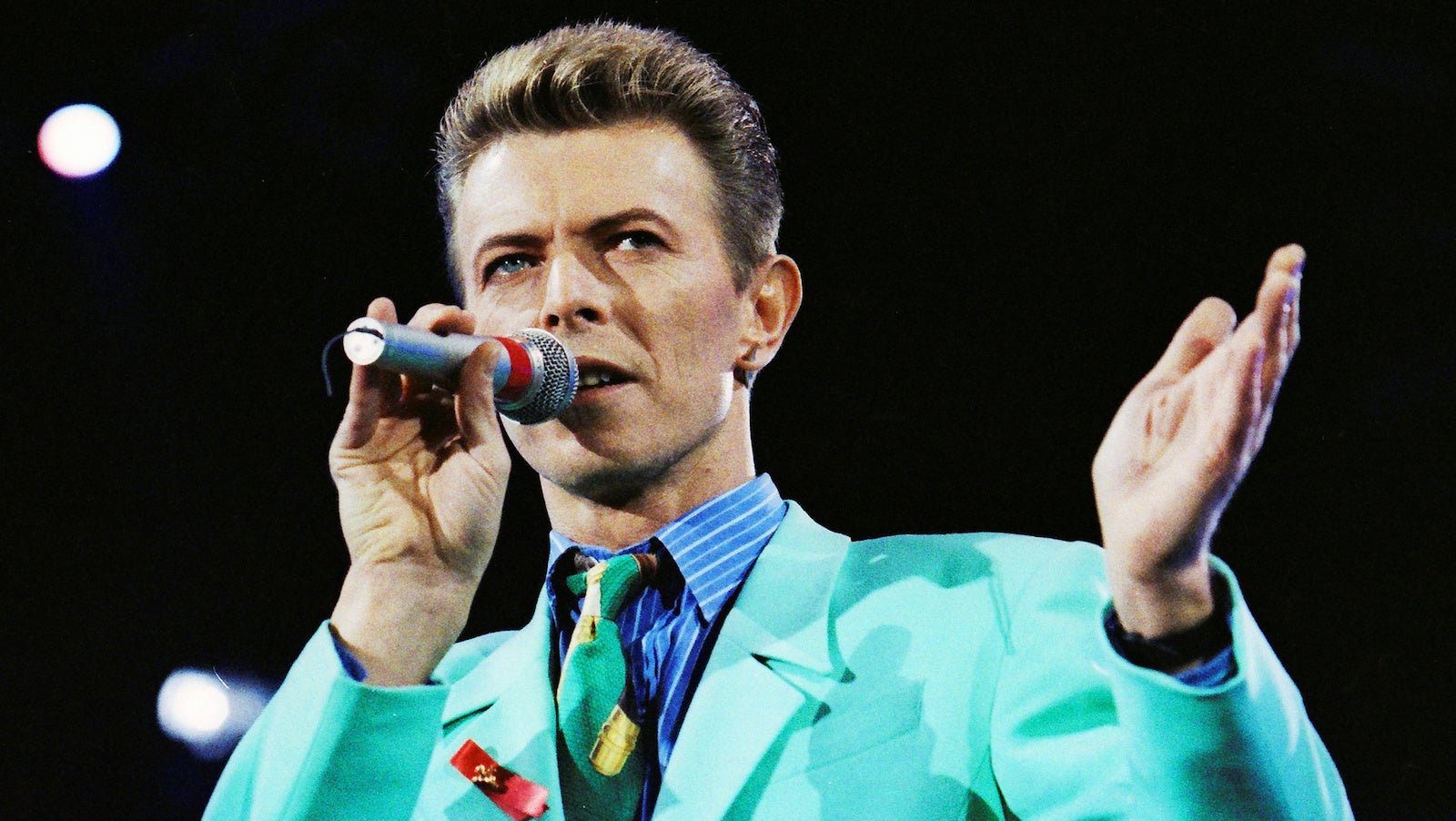These are the companies Spotify compares itself to on executive pay
Spotify finally filed to go public today (Feb. 28), after keeping investors on the hook for years. Its prospectus, which is already unusual for offering a direct listing that will not raise any additional money, rather than going the route of a traditional IPO, contained many an odd point of interest.


Spotify finally filed to go public today (Feb. 28), after keeping investors on the hook for years. Its prospectus, which is already unusual for offering a direct listing that will not raise any additional money, rather than going the route of a traditional IPO, contained many an odd point of interest.
One of them is the fact that Spotify enlisted another company, Compensia, to identify “a peer group of comparable companies in our sector” for competitive market analysis on its executive pay. Somewhat bizarrely, none of the companies aside from Pandora are music-streaming services, but cover a range of industries. They are:
- Citrix Systems
- CoStar Group
- Criteo
- Expedia
- Groupon
- HomeAway
- IAC/InterActiveCorp
- Just Eat
- King Digital Entertainment
- Netflix
- Netsuite
- Pandora
- Media Qlik Technologies
- Scripps Networks Interactive Service Now
- Sirius XM Holdings
- Tesla Motors
- The Ultimate Software Group
- TripAdvisor
- VeriSign
- Workday
- Zillow Group
- Zulily
The analysis determined that CEO Daniel Ek’s compensation was at the 50th percentile of the peer group. But the clumping-together of such companies alongside Spotify raises a broader question: In the modern age, with many corporations selling an amorphous blend of technology and networking and digital media, could all companies be considered one another’s peers?
Spotify, which is both a music and tech company and arguably also neither, seems to think yes.